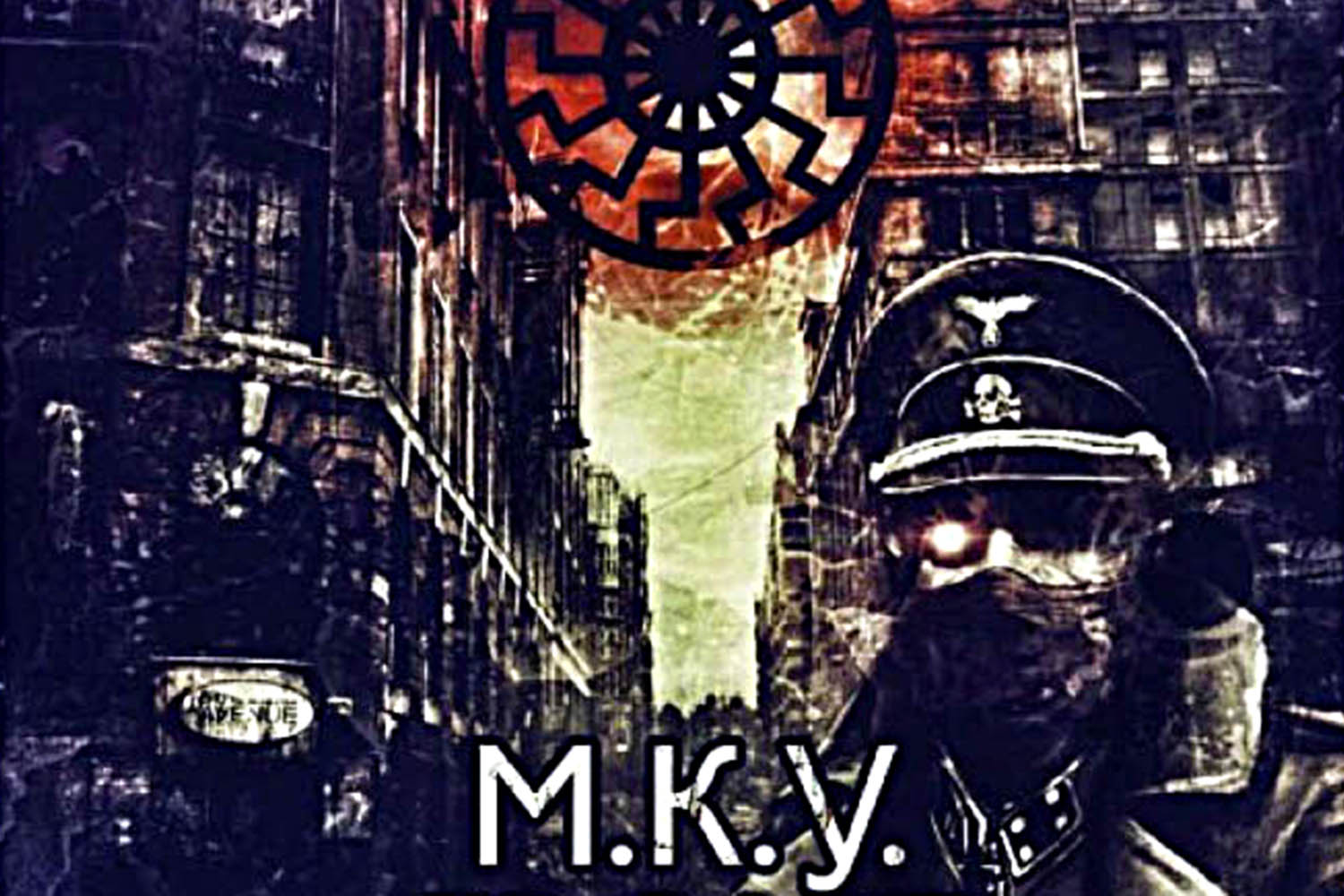The government is preparing to proscribe a further two organisations this week, as it asks MPs to approve its decision to ban Palestine Action.
One of the two groups is believed to be the Maniacs Murder Cult, an international white supremacist group which has its origins in eastern Europe but has adherents in the US, the UK and other western countries.
It is also known as MKU. The far-right group follows a “Neo-Nazi accelerationist ideology and promotes violence against racial minorities, the Jewish community, and other groups it deems ‘undesirables’,” according to the Department of Justice.
MKU’s alleged leader, Michail Chkhikvishvili, a Georgian national, is currently standing trial in the US for soliciting hate crimes and acts of mass violence in New York City.
Chkhikvishvili is alleged to have recruited supporters through platforms such as Telegram, and has distributed a manifesto entitled the “Hater’s Handbook” to MKU members and others, which describes strategies for committing mass “terror attacks” including, for example, using vehicles to target “large outdoor festivals, conventions, celebrations and parades” and “pedestrian congested streets”.

Michail Chkhikvishvili
MKU’s so-called “kill guide” was recently the subject of an investigation by LBC in the wake of last summer’s Southport riots. It includes tactics and techniques inspired by ISIS, including advice on selecting the right knife and how to stab a victim, as well as constructing improvised explosive devices and carrying out poison attacks.
In January of this year, Cameron Finnigan, a teenager from Horsham in West Sussex, was caught with a copy of the guide. He was sentenced to a nine-year extended sentence for possessing a terrorist document and encouraging someone online to take her own life.
It is thought Yvette Cooper, the home secretary, will include MKU alongside Palestine Action and another group with links to Russian President Vladimir Putin, when she brings the issue to parliament, which she is expected to do this week.
The Home Office declined to comment, but one Labour MP told The Observer the decision to ban each of the groups was based on their tactics, not their ideology.
The decision to ban Palestine Action, which has sparked widespread debate, was made three days after the group broke into the RAF base at Brize Norton, causing damage to two planes. Three people have since been arrested on suspicion of the commission, preparation or instigation of acts of terrorism while a fourth has been arrested on suspicion of assisting an offender.
Newsletters
Choose the newsletters you want to receive
View more
For information about how The Observer protects your data, read our Privacy Policy
Last week Cooper said Palestine Action had committed “acts of serious damage to property with the aim of progressing its political cause and influencing the Government” – including attacks on a Thales plant in Glasgow in 2022 and last year at Instro Precision in Kent and Elbit Systems UK in Bristol.
Photographs courtesy US Department of Justice

